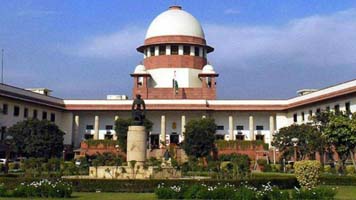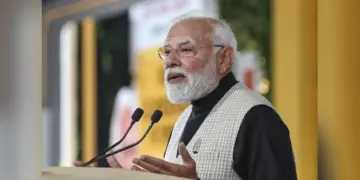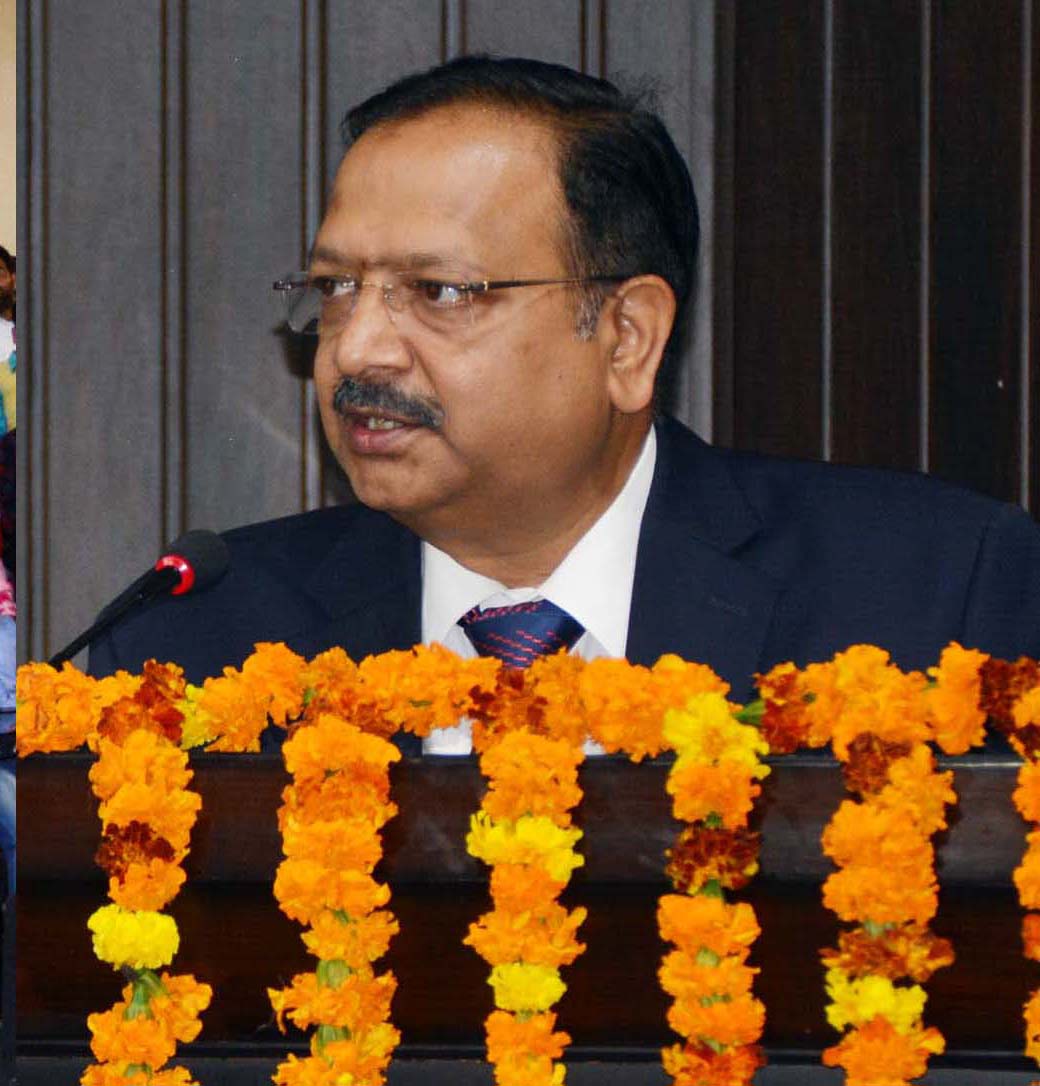New Delhi, Mar 9 : In a landmark judgement, the Supreme Court today recognised that a terminally-ill patient can write a ‘living will’ that permits doctors to withdraw life support, saying a person with no will to live shouldn’t suffer in a comatose state.
A five-judge constitution bench headed by Chief Justice of India (CJI) Dipak Misra said passive euthanasia and advance living will are “permissible”.
The bench, also comprising justices A K Sikri, A M Khanwilkar, D Y Chandrachud and Ashok Bhushan also laid down guidelines as to who would execute the will and how the nod for passive euthanasia would be granted by the medical board.
The apex court said that advance directives for terminally-ill patients could be issued and executed by the next friend and relatives of such a person after which a medical board would consider it.
The top court said that the directions and guidelines laid down by it shall remain in force till a legislation is brought on the issue.
The CJI, while reading out the judgement, said that though there were four separate opinions of the bench but all the judges were unanimous that the ‘living will’ should be permitted since a person cannot be allowed to continue suffering in a comatose state when he or she doesn’t wish to live.
The top court had in 2011 recognised passive euthanasia in the Aruna Shanbaug case by which it had permitted withdrawal of life-sustaining treatment from patients not in a position to make an informed decision.
The bench was hearing a PIL filed by NGO Common Cause, saying safeguards were needed while taking a decision by medical boards to withdraw life support of a terminally-ill patient.
On January 15, 2016, the Centre had said the 241st report of the Law Commission stated that passive euthanasia should be allowed with certain safeguards and there was also a proposed law –Medical Treatment of Terminally Ill Patient (Protection of Patients and Medical Practitioners) Bill, 2006.






